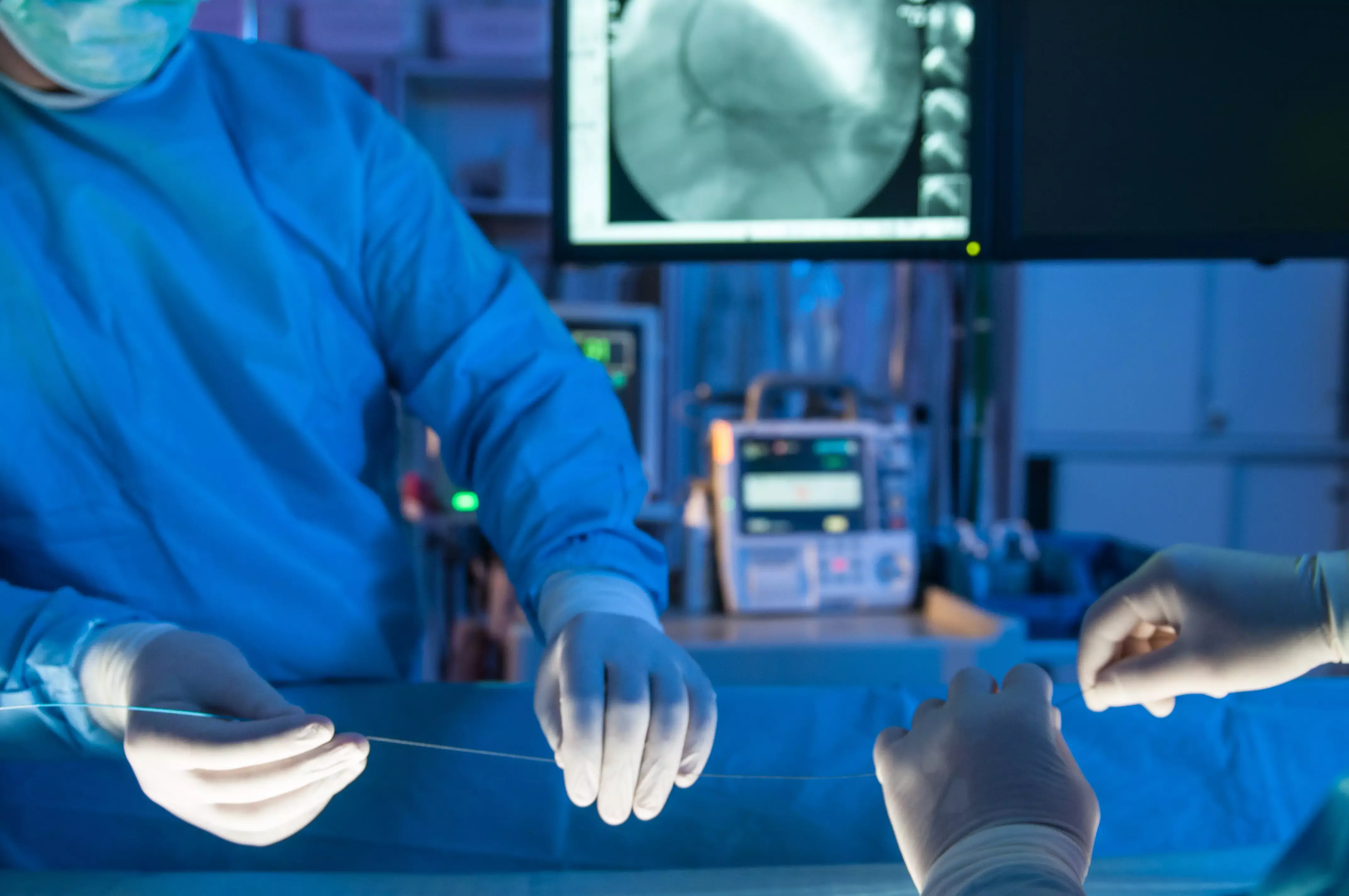- Home
- Medical news & Guidelines
- Anesthesiology
- Cardiology and CTVS
- Critical Care
- Dentistry
- Dermatology
- Diabetes and Endocrinology
- ENT
- Gastroenterology
- Medicine
- Nephrology
- Neurology
- Obstretics-Gynaecology
- Oncology
- Ophthalmology
- Orthopaedics
- Pediatrics-Neonatology
- Psychiatry
- Pulmonology
- Radiology
- Surgery
- Urology
- Laboratory Medicine
- Diet
- Nursing
- Paramedical
- Physiotherapy
- Health news
- Fact Check
- Bone Health Fact Check
- Brain Health Fact Check
- Cancer Related Fact Check
- Child Care Fact Check
- Dental and oral health fact check
- Diabetes and metabolic health fact check
- Diet and Nutrition Fact Check
- Eye and ENT Care Fact Check
- Fitness fact check
- Gut health fact check
- Heart health fact check
- Kidney health fact check
- Medical education fact check
- Men's health fact check
- Respiratory fact check
- Skin and hair care fact check
- Vaccine and Immunization fact check
- Women's health fact check
- AYUSH
- State News
- Andaman and Nicobar Islands
- Andhra Pradesh
- Arunachal Pradesh
- Assam
- Bihar
- Chandigarh
- Chattisgarh
- Dadra and Nagar Haveli
- Daman and Diu
- Delhi
- Goa
- Gujarat
- Haryana
- Himachal Pradesh
- Jammu & Kashmir
- Jharkhand
- Karnataka
- Kerala
- Ladakh
- Lakshadweep
- Madhya Pradesh
- Maharashtra
- Manipur
- Meghalaya
- Mizoram
- Nagaland
- Odisha
- Puducherry
- Punjab
- Rajasthan
- Sikkim
- Tamil Nadu
- Telangana
- Tripura
- Uttar Pradesh
- Uttrakhand
- West Bengal
- Medical Education
- Industry
Timely access to PCI saves lives in ACS with CS regardless of other facilities of treating hospital

Cardiogenic shock (CS) occurs in 6% to 10% of patients with acute coronary syndrome (ACS) and remains the most common cause of in-hospital mortality (IHM), despite the implementation of guideline-directed therapies and early myocardial reperfusion by the primary percutaneous coronary intervention (PCI).
A recent study highlights the importance of the early recognition and treatment of these extremely sick patients, regardless of where they initially present. The study findings were published in the JACC: Cardiovascular interventions on April 18, 2022.
The ability of hospitals that perform relatively few PCIs and/or do not have cardiac surgical capabilities to perform PCI is not contingent on patient characteristics, including the presence of CS. The scarcity of firm recommendations on the type of hospitals that should care for patients with ACS complicated by CS reflects the relative paucity of data related to this question. To address this, Dr Samer Noaman and his team conducted a study to assess the association between cardiac surgery availability and percutaneous coronary intervention volume with clinical outcomes of cardiogenic shock complicating ACS.
In the VCOR (Victorian Cardiac Outcomes Registry) study, the researchers prospectively analyzed data from consecutive patients with CS complicating ACS who underwent PCI from 26 hospitals in Victoria. They compared patients treated at cardiac surgical centres (CSCs) versus non-CSCs as well as the annual CS PCI volume (stratified into tiers of <10, 10-25, and >25 cases) for in-hospital major adverse cardiac and cerebrovascular events (MACCE) and long-term mortality.
Key findings of the study:
- Among 1,179 patients with CS, the researchers observed that cardiac arrest occurred in 38% of patients, while 90% presented with ST-segment elevation myocardial infarction and 26% received intra-aortic balloon pump support.
- They found that the overall in-hospital and long-term mortality were 42% and 51%, respectively.
- They found no difference among patients treated non-CSCs compared with CSCs for in-hospital MACCE and mortality.
- Similarly, they observed no association between tiers of annual CS PCI volume with in-hospital MACCE and mortality.
The authors concluded, "Comparable short- and long-term mortality rates among patients with ACS complicated by CS treated by PCI irrespective of cardiac surgery availability and CS PCI volume support the emergent treatment of these gravely ill patients at their presenting PCI-capable hospital."
In an accompanying editorial, Dr Alexander C. Fanaroff and Dr Ashwin S. Nathan wrote, "The current study emphasizes the ability of smaller, lower-volume hospitals to effectively accomplish early reperfusion, the only intervention proven to reduce mortality in ACS complicated by CS. Regional models of care for CS must account for the role of low-volume cardiac catheterization laboratories in maintaining timely access to PCI for large segments of the population in the United States and elsewhere. As we iteratively improve the care of these patients, we must ensure that we maintain parity and equity."
For further information:
Medical Dialogues Bureau consists of a team of passionate medical/scientific writers, led by doctors and healthcare researchers. Our team efforts to bring you updated and timely news about the important happenings of the medical and healthcare sector. Our editorial team can be reached at editorial@medicaldialogues.in.
Dr Kamal Kant Kohli-MBBS, DTCD- a chest specialist with more than 30 years of practice and a flair for writing clinical articles, Dr Kamal Kant Kohli joined Medical Dialogues as a Chief Editor of Medical News. Besides writing articles, as an editor, he proofreads and verifies all the medical content published on Medical Dialogues including those coming from journals, studies,medical conferences,guidelines etc. Email: drkohli@medicaldialogues.in. Contact no. 011-43720751


